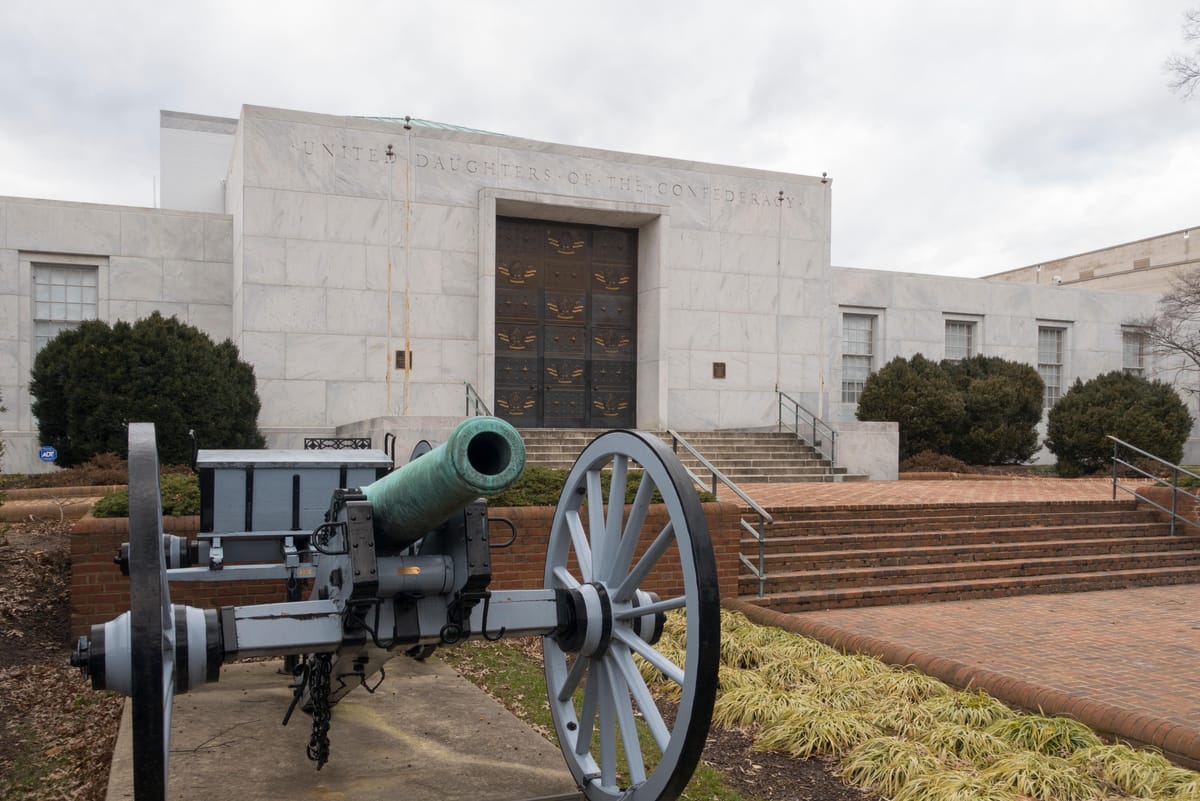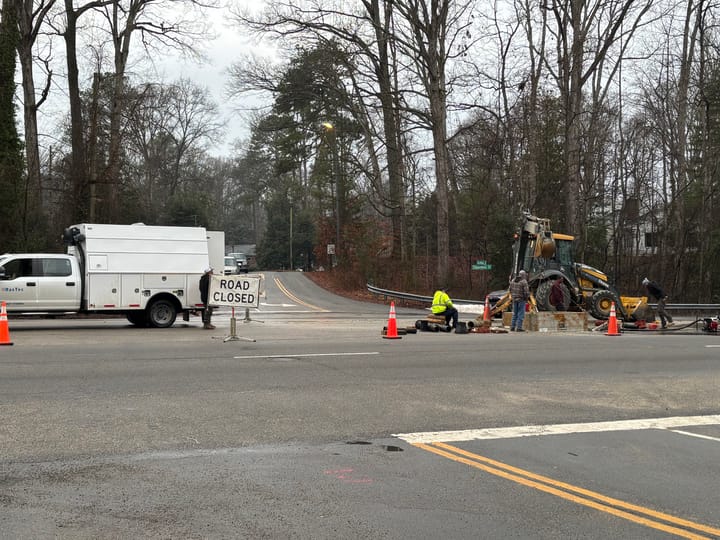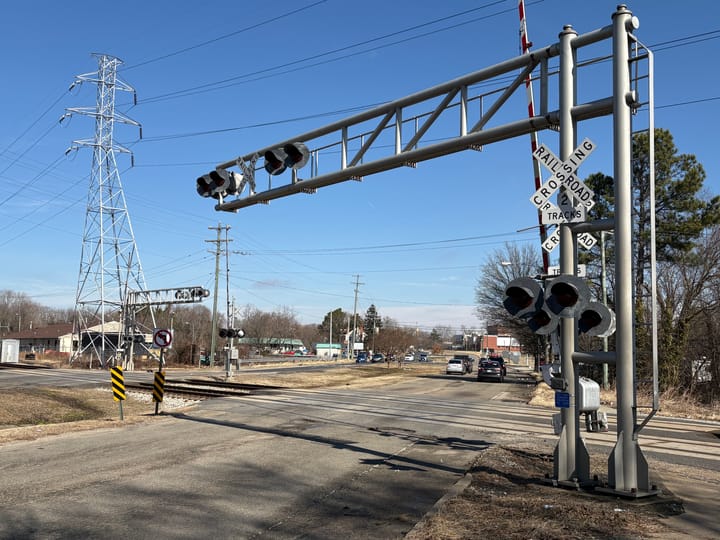Daughters of Confederacy suing ‘unknown’ persons for 2020 headquarters damages

The United Daughters of the Confederacy is suing “unknown” people for arson and other damages to its Richmond building that occurred during widespread protests following the death of George Floyd in the summer of 2020.
On the night of May 31 of that year, a fire broke out at the UDC’s headquarters on Arthur Ashe Boulevard after protesters allegedly threw incendiary devices into the windows. The building was also heavily graffitied, largely with anti-police slogans, and numerous windows were broken.
According to the UDC suit, damages to the building and the books, records and Civil War artifacts it contained totaled $4.1 million. The organization also said it had to pay almost $40,000 for asbestos removal required during repairs and sealing of the structure’s marble, as well as an unquantified amount for “24-hour security and security equipment upgrades.”
Richmond police have never charged anyone for the damages, which were part of a wave of vandalism targeting Confederate symbols and institutions throughout the city and the nation. James Mercante, a spokesperson for the Richmond Police Department, confirmed Wednesday that “the investigation remains pending with no arrests made.”
As a result, the suit filed by the organization in Richmond Circuit Court a day before the five-year anniversary of the event lists as the defendant “parties presently unknown.”
The UDC is seeking $1.4 million for damages not covered by its insurance, as well as punitive damages of $350,000 and court and attorney’s fees.
Zachary Werrell, the attorney representing the organization, said the UDC had filed the suit against unknown defendants “in order to preserve our claims from expiring under the 5-year statute of limitations for property damage.”
“Currently, the UDC does not know the identities of the arsonists, but we are actively investigating the attack to determine the perpetrators’ identities so that they may be added to the lawsuit,” he wrote in an email.
The Richmonder is powered by your donations. For just $9.99 a month, you can join the 1,000+ donors who are keeping quality local journalism alive in Richmond.
While Werrell did not cite it as a reason, opening a lawsuit could also allow the UDC to use subpoena power or other court processes to gain access to information or testimony it might otherwise be unable to obtain.
“It is not uncommon for a plaintiff to use the ‘John Doe’ pleading style to initiate a lawsuit against a defendant whose identity is unknown at the time the lawsuit is filed for the purpose of subsequently using discovery to learn the identity of the defendant,” the Supreme Court of Virginia observed in a 2001 case involving America Online.
Contact Reporter Sarah Vogelsong at svogelsong@richmonder.org
Eleanor Shaw contributed to this article.






